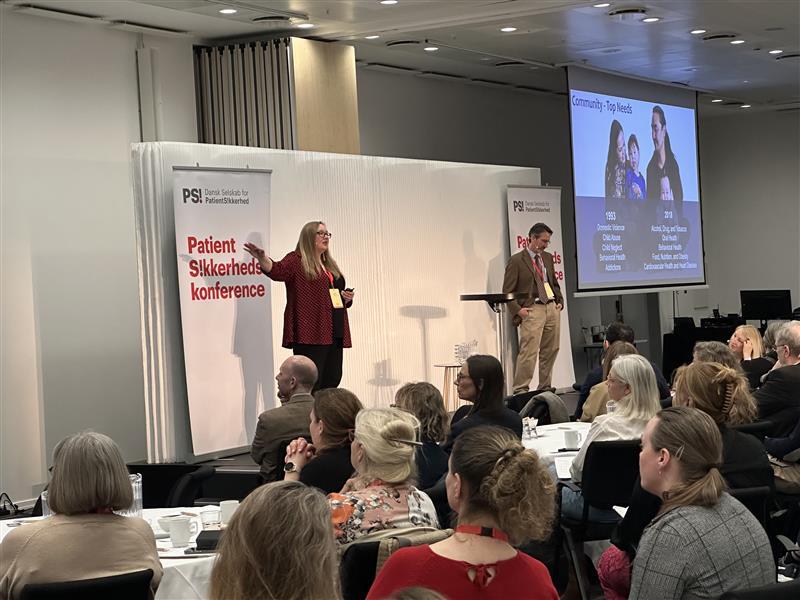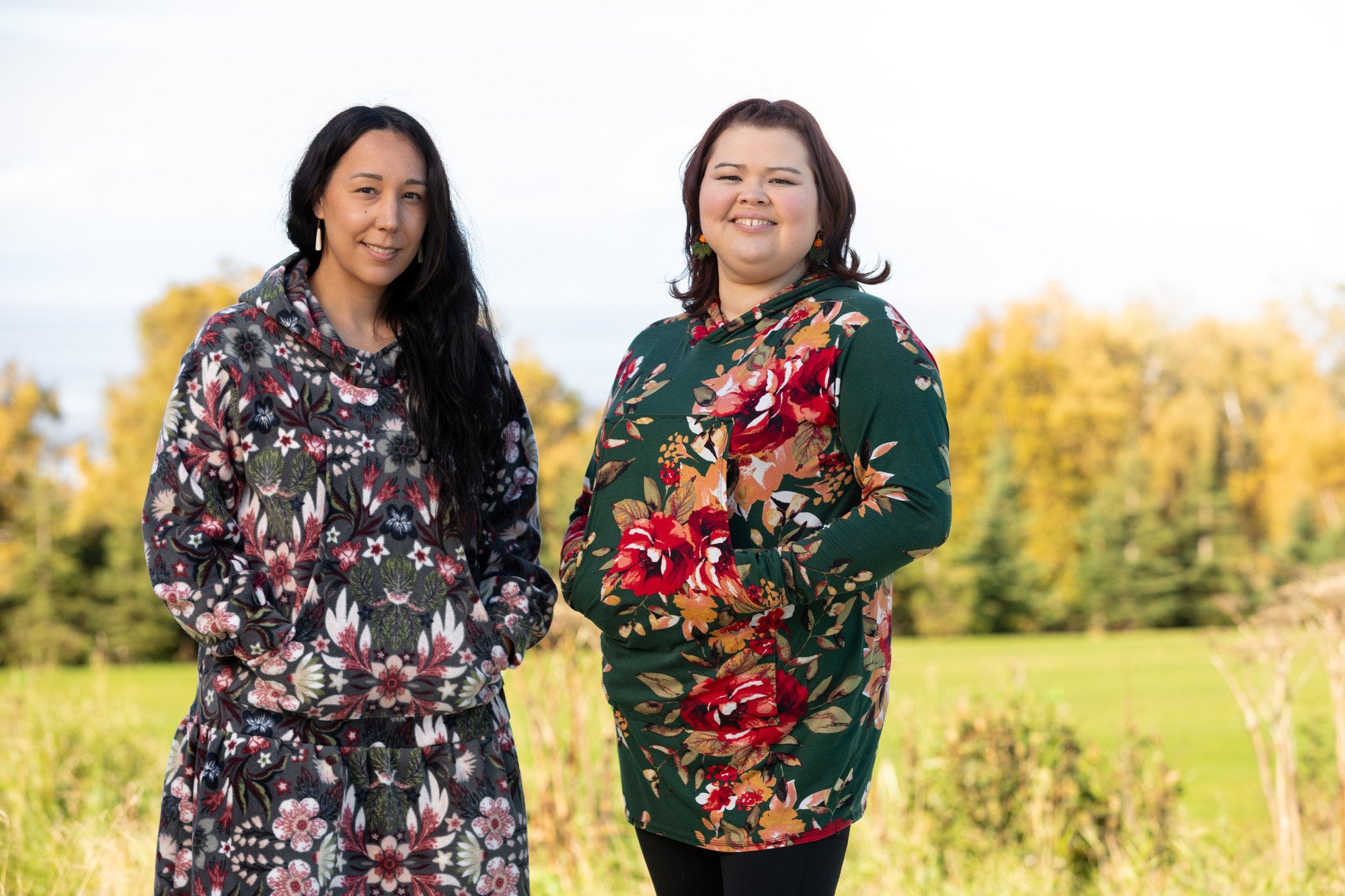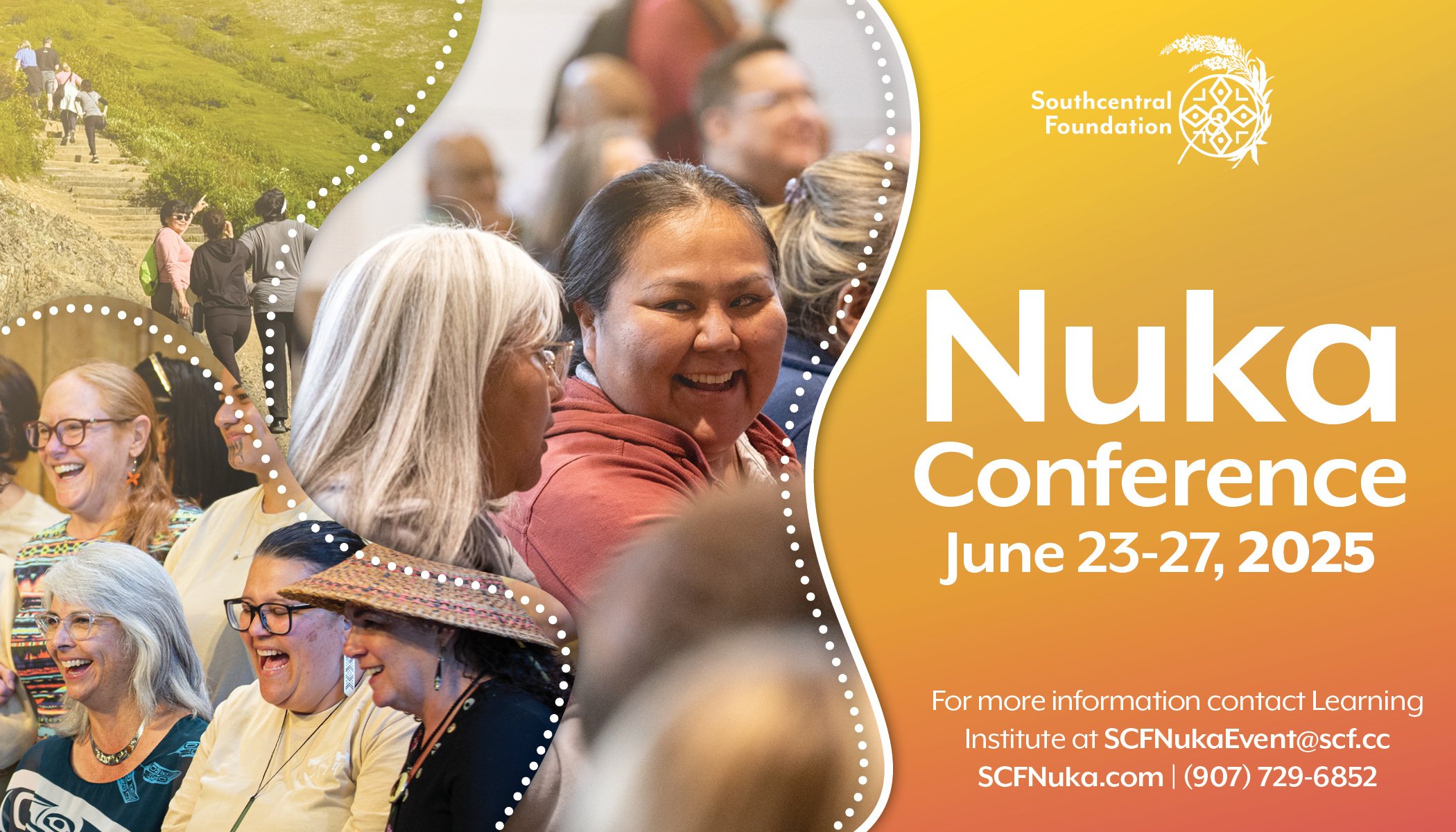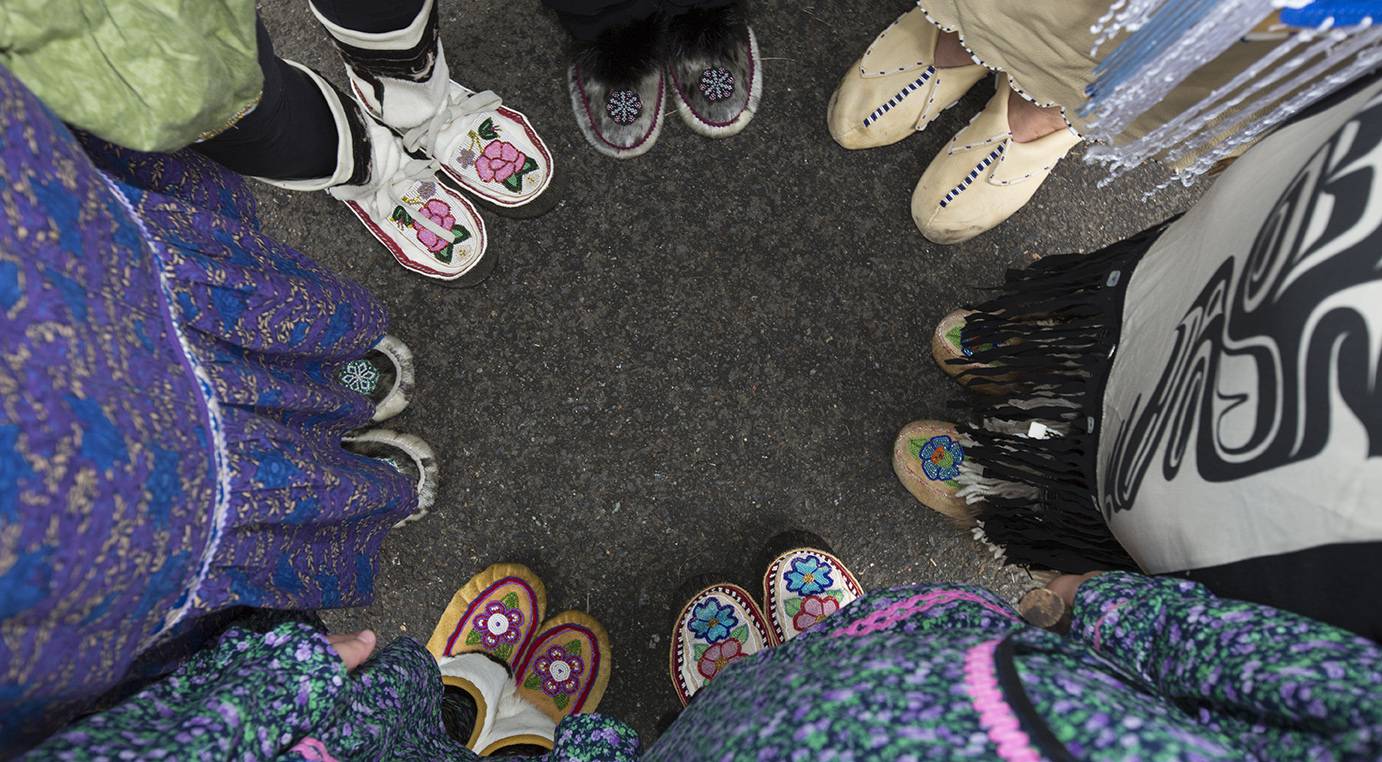
Trauma-Informed Care: A Community- and Peer-Driven Model
Through learning circles and training intensives, people are sharing their stories while building relationship and resilience – underscoring the Indigenous and human value of community. While connecting in the safety of small groups, individuals are coming alongside one another using a non-hierarchal, peer driven approach that provides holistic support and education on topics such as recovery, generational healing, understanding post-traumatic stress, grief and loss. Participants return home to their families and communities with tools to end unhealthy cycles and strengthen family relationships.
Evidence shows that FWW’s approach is changing lives. Through robust evaluation, participants show a 55% reduction in emergency department visits (visit count ratio 0.45, 95% CI 0.25-0.83) and a 79% reduction in substance use related visits (visit count ratio 0.21, 95% CI 0.07-0.64). Evaluation data has also shown significant reductions in unhealthy substance use, trauma symptomology, depression, and anxiety in FWW participants, with significant increases in protective factors, such as family cohesion and cultural connectedness.
The healing impact of FWW continues to ripple across families and communities today. FWW’s implementation model demonstrates successful replication of the program across diverse communities. In addition to supporting rural villages across Alaska, FWW has worked internationally with Indigenous tribes to culturally adapt the program to fit community and cultural strengths. “FWW nurtured our team and went above and beyond the expected and helped us achieve our goal to bring this program to our First Nation communities,” said Cheryl Hankard of Mamaweswan North Shore Community, in Ontario Canada. FWW also works within and without the prison system in Alaska, supporting inmates and re-entrants in addressing trauma and ending cycles of harm through spiritual healing and cultural connectedness. FWW continues to work with diverse tribes, organizations and healthcare systems to continue the implementation model and the ripple effect of healing.
The upcoming Virtual Nuka Conference will feature a session on FWW and SCF’s approach to trauma-informed care. If you would like more information about trauma-informed care at SCF, or the Virtual Nuka Conference, feel free to contact the SCF Learning Institute.
Latest news
Archives
- January 2017 (4)
- February 2017 (4)
- April 2017 (4)
- August 2017 (4)
- October 2017 (4)
- June 2017 (3)
- July 2017 (3)
- September 2017 (3)
- December 2017 (3)
- March 2018 (3)
- July 2018 (3)
- March 2019 (3)
- May 2020 (3)
- March 2024 (3)
- March 2017 (2)
- May 2017 (2)
- November 2017 (2)
- April 2018 (2)
- May 2018 (2)
- June 2018 (2)
- August 2018 (2)
- September 2018 (2)
- October 2018 (2)
- November 2018 (2)
- April 2019 (2)
- May 2019 (2)
- August 2019 (2)
- September 2019 (2)
- March 2020 (2)
- April 2020 (2)
- June 2020 (2)
- July 2020 (2)
- August 2020 (2)
- September 2020 (2)
- October 2020 (2)
- March 2021 (2)
- May 2021 (2)
- June 2021 (2)
- September 2021 (2)
- November 2021 (2)
- March 2022 (2)
- May 2022 (2)
- August 2022 (2)
- October 2022 (2)
- April 2023 (2)
- May 2023 (2)
- June 2023 (2)
- October 2023 (2)
- December 2023 (2)
- August 2024 (2)
- November 2024 (2)
- January 2025 (2)
- February 2025 (2)
- April 2025 (2)
- January 2018 (1)
- February 2018 (1)
- December 2018 (1)
- January 2019 (1)
- February 2019 (1)
- June 2019 (1)
- July 2019 (1)
- November 2019 (1)
- December 2019 (1)
- January 2020 (1)
- February 2020 (1)
- November 2020 (1)
- December 2020 (1)
- January 2021 (1)
- April 2021 (1)
- July 2021 (1)
- August 2021 (1)
- December 2021 (1)
- January 2022 (1)
- February 2022 (1)
- April 2022 (1)
- June 2022 (1)
- July 2022 (1)
- December 2022 (1)
- January 2023 (1)
- March 2023 (1)
- July 2023 (1)
- August 2023 (1)
- September 2023 (1)
- November 2023 (1)
- April 2024 (1)
- June 2024 (1)
- July 2024 (1)
- September 2024 (1)
- December 2024 (1)
- March 2025 (1)
TAGS
- Nuka System of Care
- Southcentral Foundation
- Baldrige Award
- Baldrige Program
- Customer-Owner
- Community Clerkship
- Data
- Evaluation
- Human Resources
- National Indian Health Board
- National Tribal Health Conference
- Nuka
- Nuka System of Care Conference
- Quest for Excellence
- Relationship-based Care
- Traditional Healing

 Building a Trusting Relationship with the Community
Building a Trusting Relationship with the Community
Southcentral Foundation’s Nuka Learning Institute
4085 Tudor Centre Drive
Anchorage, Alaska 99508
For information about consulting and events, please contact (907) 729-NUKA (6852) or SCFNukaEvent@scf.cc
For information about student opportunities, please visit www.scfnuka.com/opportunities/students/ or call (907) 729-6800.
Southcentral Foundation
For information about Southcentral Foundation’s health and wellness programs and services, please visit
www.southcentralfoundation.com or call (907) 729-4955
Copyright © 2025 Southcentral Foundation

